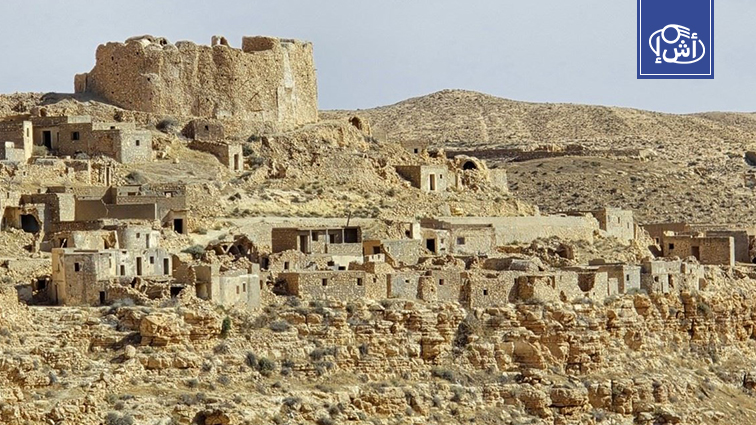Murad Makhlouf, mayor of the Libyan municipality of Kabaw, confirmed that climate change and escalating drought over the last decade have prompted hundreds of families to migrate from their areas to the capital, Tripoli.
Makhlouf said in press statements that drought is not limited to water scarcity, but rather its impact extends to include the complete cessation of agriculture, which has led to a scarcity of production of basic crops such as olives and wheat.
Makhlouf explained that the drought crisis is not only in the mountains, but rather all of Libya is suffering from it, and requires broad recovery plans that are not the final solution, but rather a prelude to adapting to the crisis.
Makhlouf concluded his speech by emphasizing the importance of development initiatives in the face of climate change, saying: “We hope to launch real, broad development projects in the mountain, to reduce the drought, whose frequency is increasing at an alarming rate.”
Internal migration towards coastal cities reflects the extent of the economic and environmental pressures faced by families in the affected areas. Therefore, rapid action to launch development projects and adopt climate change adaptation strategies will play a decisive role in mitigating the effects of this crisis on the population and agriculture in Libya.
Bathili: Libya’s key leaders monopolize the political process
